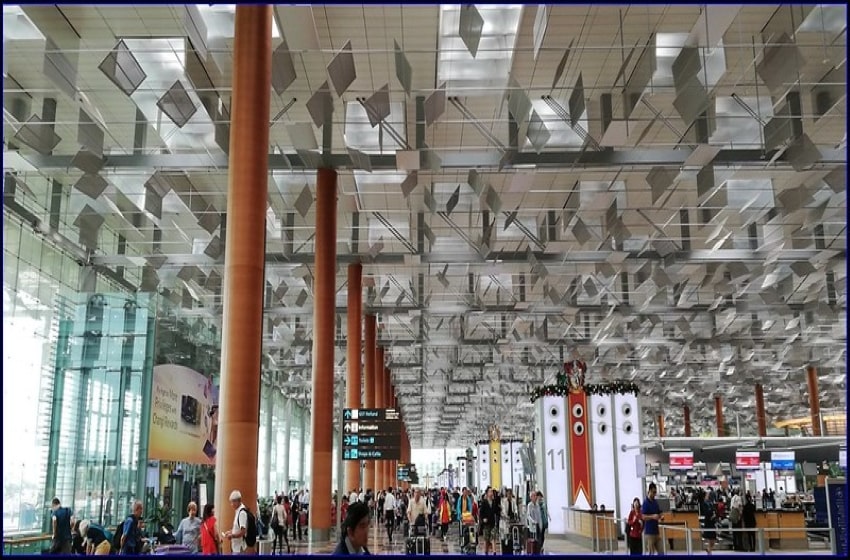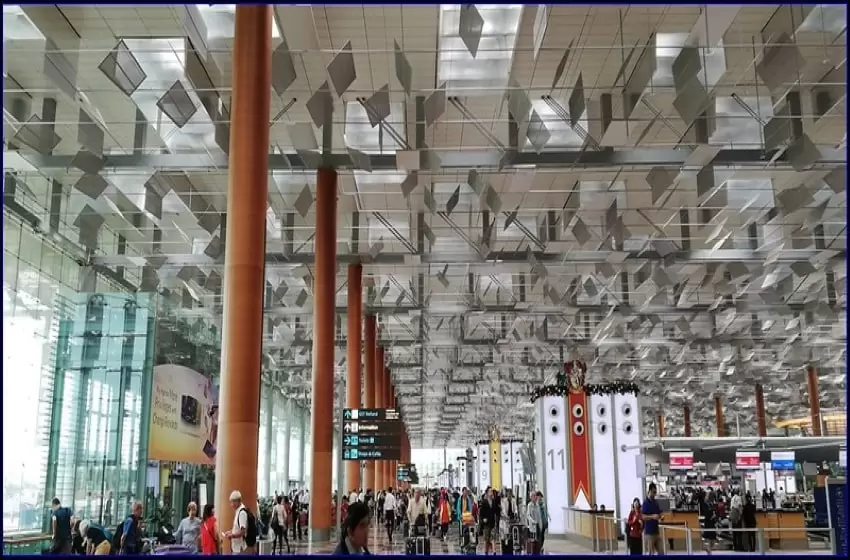

(C) Flickr, GT#1
The Aviation Institute of Singapore called on the Association of Southeast Asian Nations (ASEAN) to consider a structure for travel bubbles in Southeast Asia.
“While the Covid-19 pandemic has decimated the global aviation industry, the ten Southeast Asian countries comprising [ASEAN] have experienced declines in passenger traffic that have been much sharper than the global and Asia-Pacific averages,” says a whitepaper from the Technology and Design University of Singapore’s Aviation Studies Institute.
Data from Kuala Lumpur International Airport and other sources also suggest that ASEAN international travel has deteriorated even more than non-ASEAN travel connections,” the paper adds.”
The whitepaper, written by independent aviation consultant Brendan Sobie, states that this is not happening in Southeast Asia while air traffic is beginning to recover in other regions. Domestic passenger levels in the region are projected to be at 50 percent of usual levels, but this is not especially beneficial for airlines, considering that domestic sales are often inadequate to cover fixed costs.
This has resulted in airlines suspending lease payments or delaying them.
However since April, international travel in the area has been down 97 percent every month this year.
“Airline bankruptcies and collapses are expected, especially if ASEAN’s international air travel does not resume over the next few months,” the whitepaper notes. ASEAN airlines have an urgent need for revenue sources to be rebuilt. Tourism-dependent local economies have been hard-hit, too.
The number of passengers is highly limiting, while bilateral agreements allow for a limited amount of travel that is considered necessary. The white paper argues that travel bubbles that rely on checking passengers for Covid-19, and not quarantines, are the best way forward.
For ASEAN traffic to recover,”Borders need to reopen or travel bubbles need to be established for ASEAN traffic to recover,”Borders need to reopen or travel bubbles need to be established. International traffic within ASEAN is not going to increase beyond the current very low levels without air travel bubbles or a complete reopening of borders.’
The white paper suggests that the structure of the regional travel bubble could match that of the Singapore-Hong Kong bubble. This arrangement was scheduled to begin on 22 November, but has been postponed in Hong Kong due to a coronavirus outbreak.
The six attacks by ship sailing in the Singapore strait in five days this month has activated a spate increase…
A great relief for the global nations and the people of both the countries Indian & Pakistan as the massive…
The 2025 spy thriller ‘The Secret Path’ has captured international attention from the day of its premiere in April. This…
K-Pop has been a sensation in both the music and other entertainment industries across the world. Through their vibrant mix…
There are many genres in the web series of South Korean language, but the ‘psychological crime thriller’ will always have…
It was a moderate magnitude 5.6 earthquake that hit the Banda Sea, in eastern Indonesia on May 10, 2025 in…
This website uses cookies.
Read More